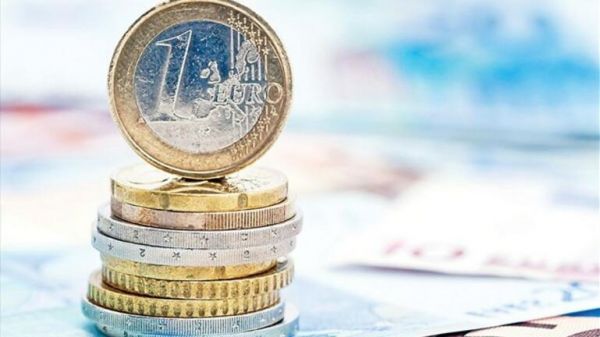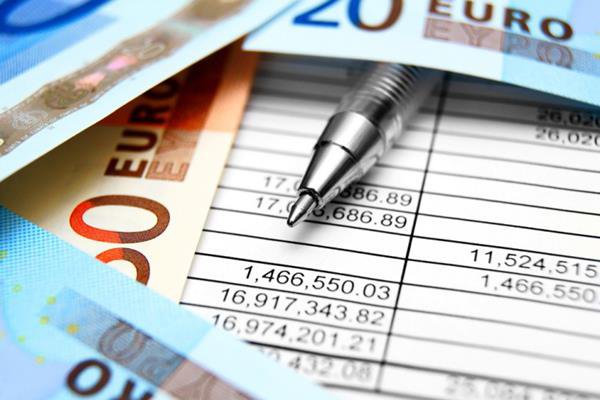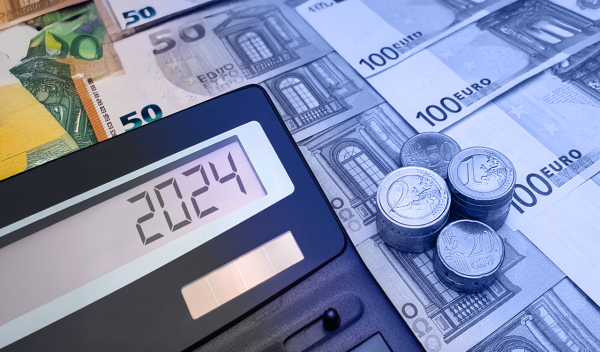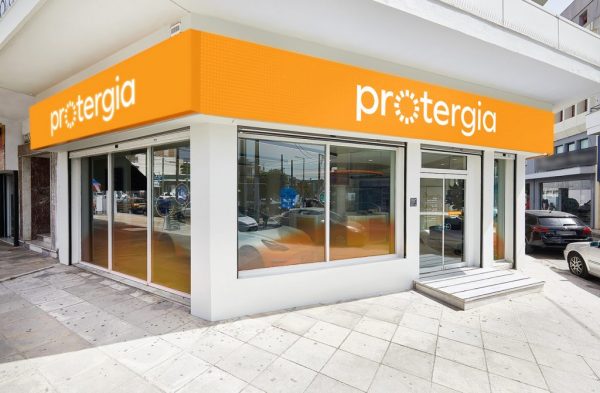
The course of the pandemic, the timely activation of investments through the Recovery Fund and inflation are the main risks for the course of the Greek economy next year.
As the autumn report of the Greek Fiscal Council emphasizes, the Greek economy had strong growth and the individual data allow there to be optimism for the further course of the economy. “An important factor that can cause destabilization in the economies of the world, and therefore in our economy, is the Omicron mutation, for which the scientific community does not yet have data. “Unless, however, emergency health measures are taken, we believe that the state of the Greek economy will continue to improve,” said the President of the Greek Fiscal Council, Mr. Panagiotis Korliras.
Public debt exceeded 205% of GDP in 2020. However, the projected high growth rates for 2021 and 2022 are expected to de-escalate the public debt significantly. Yields on Greek bonds remain at a very low level, with the Greek government during 2021 having proceeded to total issues and reissues of debt amounting to 14 billion euros.
Financial risks
As highlighted, the budgetary risks in the implementation of the 2022 Budget may arise:
-from any resurgence of the pandemic that will require new measures to support the economy and strengthen the health system,
Read also: OECD – Forecasts growth of 6.7% this year and 4.8% next year for Greece
-from potentially prolonged inflationary pressures -especially in energy- which may require compensatory measures,
-from any forfeiture of state guarantees and
-from the issuance of court decisions with a negative financial impact
Estimates
For 2021 it is estimated that:
GDP will increase by 6.1%, an estimate that is considered conservative compared to the corresponding forecasts of many organizations (increase of around 7%)
Compared to the first half of 2019, in terms of value added, the economy has covered much of the losses caused by the pandemic; it is 2.8% behind
Price increases
The main causes of inflationary pressures are large increases in energy prices and problems in the supply chain worldwide. He adds that inflationary pressures will be temporary and will be reduced when problems in the supply chain are normalized and energy prices fall or even stabilize. During the pandemic the general price level fell resulting in the existence of negative inflation throughout the period from April 2020 to May 2021. From June 2021, however, inflation returned to positive levels in October. of 2021 the harmonized index of consumer prices (HICP) increased by 2.8% compared to the corresponding month last year.

Employment increased in August 2021 by 5.8% compared to August 2020, ie increased by 227 thousand people, while the workforce increased by 2.1%, ie by 98 thousand people. The situation in the labor market in August 2021 compared to August 2019, before the start of the pandemic, seems to be improving, with employment having increased by 4% (155 thousand people), and the workforce by 0 , 6%, (25 thousand people), resulting in the reduction of the unemployment rate by 2.8 percentage points in the last two years.
Improving the balance
According to the autumn report of the Fiscal Council, although the outbreak of the pandemic led to a significant deterioration of the current account, the situation has begun to improve, mainly due to the recovery of tourist traffic. Foreign Direct Investment (change in residents’ liabilities abroad) amounted to 3,525 million euros, or 1,485 million euros higher than last year – a better performance than in 2019.
In the financial sector, private sector deposits maintained the upward trend and reached 166.4 billion euros in September 2021. Consumer and housing credit continue to show negative rates of change, while the share of non-performing loans continued to decline. and in the second quarter of 2021 was limited to 20.3% as a percentage of the total – ie 10 percentage points less than in the first quarter.
The report estimates that in 2022, GDP will grow by 4.5% and inflation is estimated to be below 1.2%.
Latest News

Cost of Banking in Greece Drops from Monday
The measure aims to lower the cost of doing business and everyday transactions in Greece, with an estimated annual cost to banks of approximately €150 million.

Greek Tax Bureau Chief Details Efforts to Curb Evasion; Digitalize Administration
Independent revenue authority (AADE) Gov. George Pitsilis addresses OECD summit, cites reduction in lost VAT remittances from almost 30% in 2017 to 13.7% by 2022

Inflation in Greece at 3.7% in December 2023: Eurostat
According to recent data from ELSTAT (Hellenic Statistical Authority), inflation in Greece rate reached 3.5% in December 2023, up from 3% in November.

Winter Sales Season: Stores Open on Sunday in Greece
Most stores will operate between 11:00 AM and 6:00 PM, while shopping malls will stay open until later, from 11:00 AM to 8:00 PM

Greek Primary Surplus of €8.6bln at End of 2024
In previous budget execution reports, in October, a net amount of €3.241bln was collected from the new Concession Agreement for Attiki Odos

Fraport Greece Posts Record Numbers in 2024
In December 2024, the 14 airports posted impressive numbers in passenger traffic, welcoming a total of 805,056 visitors

Greek Economic Sentiment Steady in Dec 2024
The trade deficit amounted to 4.6 billion euros, up by 340 million euros from the same period last year.

UBS Positive Outlook on Greece, Sees Moody’s Upgrade
Moody's remains the only one of the three major credit rating agencies that still rates Greece at Ba1, one notch below investment grade

Revolut Launches Commission-Free ETF Investment Programs in Greece
According to a survey conducted by Dynata on behalf of Revolut in Greece, 44% of investors said that low and transparent fees are the most important factors when choosing an investment provider.

Greece Falls Far Behind EU Recycling Rate Targets
Greece joins a long list of EU countries that will miss 5 key 'green' targets in 2025, including municipal and packaging recycling rates.


















![Τουρισμός: Γερμανία, Βρετανία και Γαλλία «ψηφίζουν» Ελλάδα το 2025 [πίνακες]](https://www.ot.gr/wp-content/uploads/2025/01/tourismos-90x90.jpg)







![Τραπεζικές προμήθειες: Ποιες καταργούνται και ποιες μειώνονται [πίνακας]](https://www.ot.gr/wp-content/uploads/2023/03/ot_banking16-600x474.png)















 Αριθμός Πιστοποίησης Μ.Η.Τ.232433
Αριθμός Πιστοποίησης Μ.Η.Τ.232433